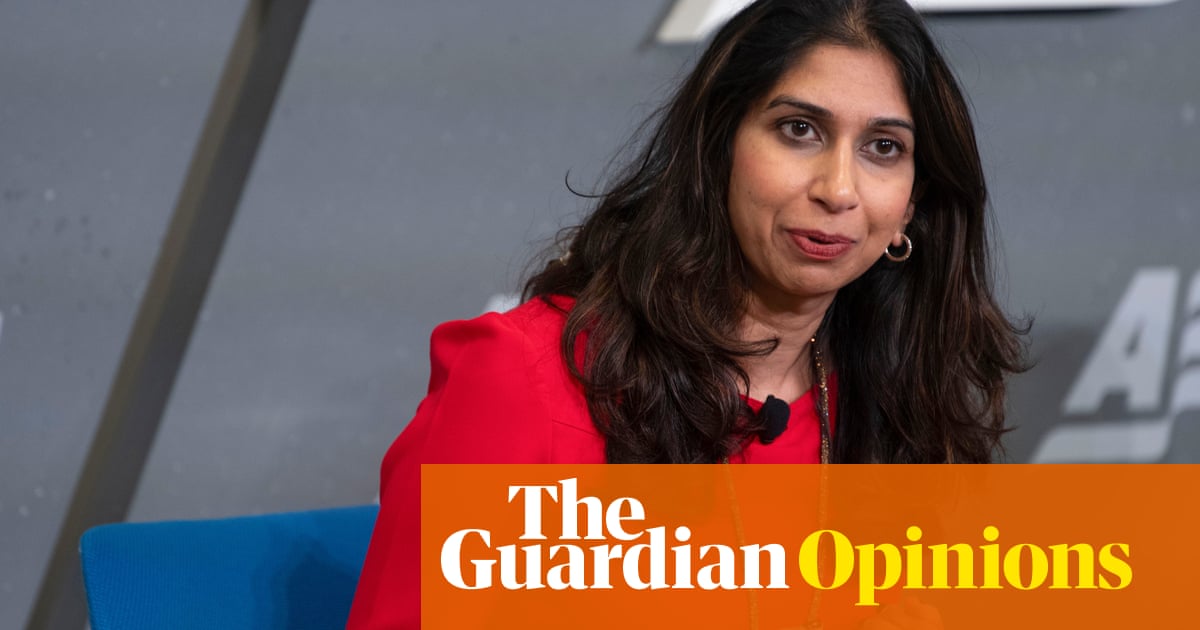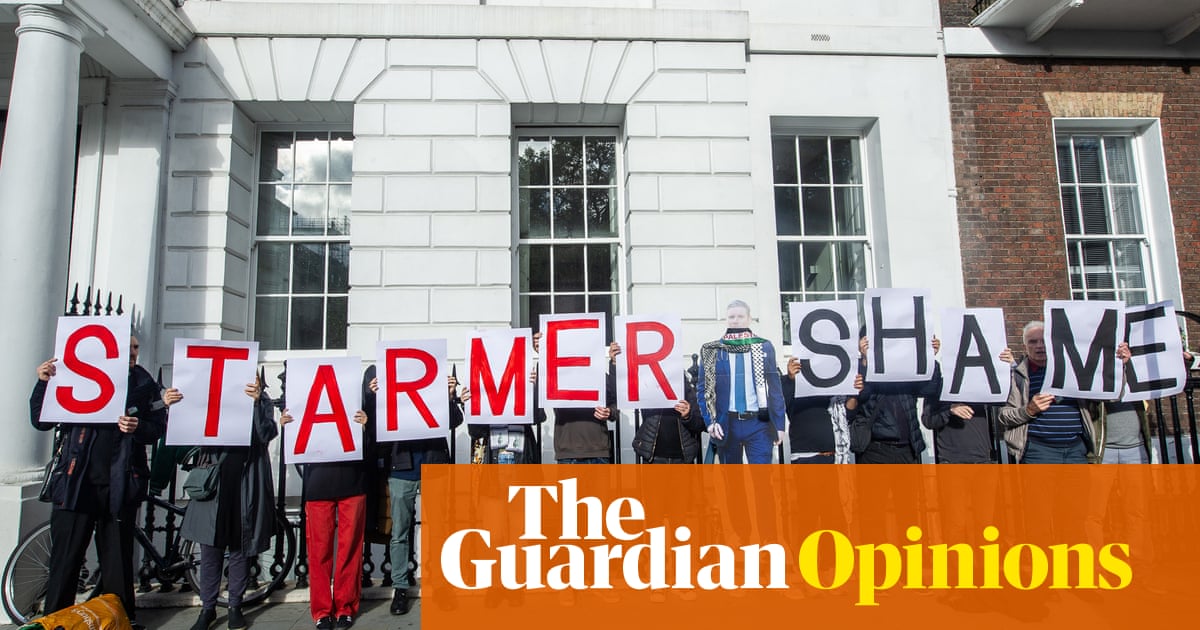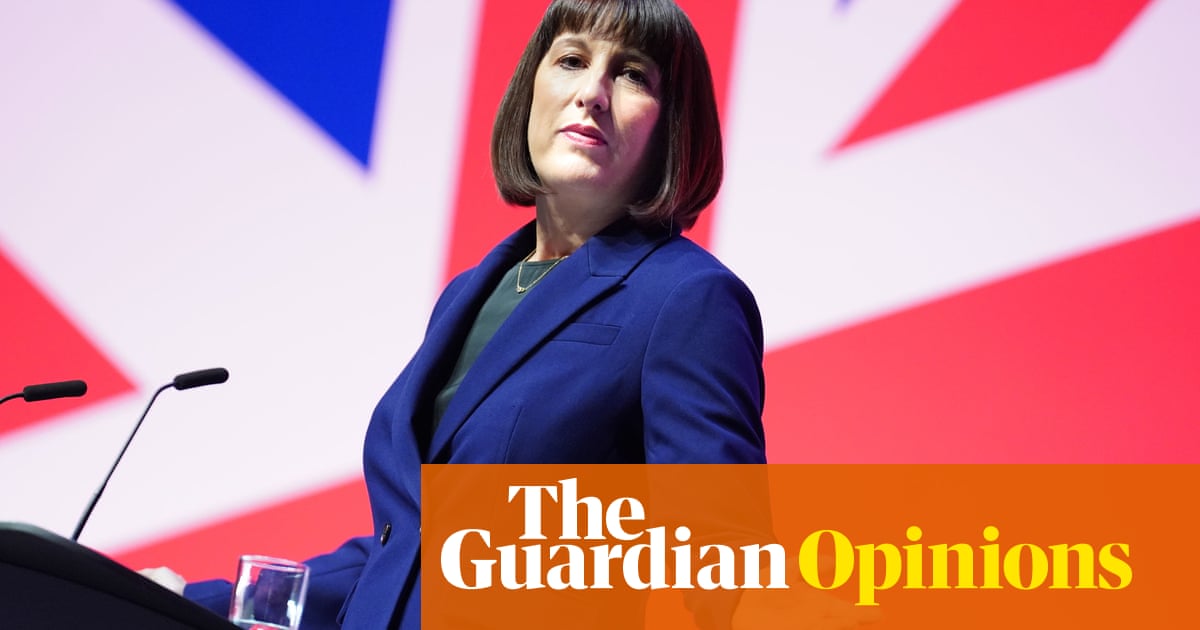
Britain’s next government will be some kind of coalition. That can be said with confidence, not because the outcome of the next general election is predictable, but because all governments, even those consisting of one party, are some kind of coalition.
Boris Johnson’s administration consists of the traditional Conservative party, with both liberal and authoritarian tendencies, fused to a newer radical nationalist movement that, confusingly, uses the same name and has the same leader. An alliance that came together for the pursuit of Brexit is struggling to cohere around any subsequent governing purpose. Its electoral base straddles economic, geographical and social fault lines. Tory MPs make conflicting and incompatible demands of the prime minister.
If Labour were to win a majority at the next election it would suffer from equivalent structural deformities. Regaining seats lost in the rout of 2019 requires a demonstration that the party is no longer what it was under Jeremy Corbyn. That strategic imperative is obvious to anyone who has listened to the ex-Labour voters who need coaxing back. But it is rejected by a chorus on the left that prefers continuity Corbynism, not so much as a formula for electoral recovery (it would be the opposite), but as a soothing balm for wounded socialist self-esteem.
That tension was on display in the reaction to Keir Starmer’s shadow cabinet reshuffle on Monday. Younger MPs who have proven themselves as media performers were promoted. Wes Streeting and Bridget Phillipson will speak on health and education respectively. Yvette Cooper is now shadow home secretary. Unlike nearly all of her colleagues, she has served in a real cabinet. It was a much-needed transfusion of political heft to the frontbench. But to the continuity Corbynites it was a rightwing revanche, executed with headline-poaching spite on the very morning of a speech by Angela Rayner, deputy leader and the old regime’s ambassador in the shadow cabinet.
There is no escaping this fault line. If, by some combination of dogged opposition and government implosion, Starmer should find himself in Downing Street, the Labour faction that mistrusts his methods would waste no time complaining that victory had been bought at too high a price in moral compromise. The left has been kept busy protesting against a Tory prime minister, but would adapt easily to complaining about betrayal by a Labour one.
Starmer could stun his critics into silence by winning a commanding majority, but a majority of one would require more than 120 gains and no losses. Nothing about the lay of the political land suggests it is poised to slide on that scale, which makes the more feasible route to No 10 look like collaboration with other parties.
MPs know it, but never say it aloud because it sounds like defeatism. The members have understood it, too, which is why a large majority of constituency delegates supported a motion backing electoral reform at the party’s annual conference. Their voice was drowned out by trade union bloc votes. That reflects institutional reluctance to accept that the party’s exile from power has causes more complex than a sticky pendulum that has favoured the Tories as if by some mechanical fault with the public, and will eventually swing leftwards again.
The obstacle is not so much a fetish for the existing voting system as emotional attachment to the idea that Labour and Conservative are equal contenders in a title race, while everyone else is scrapping in lower divisions. That is broadly true, especially given the presidential slant of election campaigns. Only the leaders of the two biggest parties can claim to be candidates for No 10.
But it is also true that power-sharing is a normal feature of British politics. The Scottish government is a coalition of Nationalists and Greens. In Wales, Labour has signed a cooperation agreement with Plaid Cymru (an arrangement on which Starmer has been pointedly silent). In local government, “no overall control” is a routine outcome requiring cross-party deals. Only in Westminster is the absence of a decisive win treated as an offence against the natural order. In a hung parliament, the gap between the largest party and the majority it needs is abhorred as an electoral obscenity that must be covered to protect the dignity of the constitution.
And yet two of the last four elections – 2010 and 2017 – have produced such a result. It is possible that Boris Johnson’s 2019 victory marks the end of volatility, but just as likely that his pro-Brexit coalition is the temporary patch, beneath which allegiances are as volatile as ever. Nigel Farage has not renounced politics and could mount a challenge to the Tories from the populist right. Greens and Liberal Democrats could benefit if moderate Conservatives want to flee somewhere other than Labour. Scots who support independence are reluctant to vote for parties that don’t.
That is a problem for Starmer whose path to power gets a whole lot steeper if it has to be paved with only English seats. He insists there could be no deal with Nicola Sturgeon, which is a position that sounds sturdier now, when no one is testing it, than it might in the heat of a general election campaign with polls all pointing to a hung parliament.
It goes against the grain of English political culture, and Labour pride, to accept that the shortest route to power involves evicting the Tories by some method of collaboration with other parties. There is a longer route, quietly mapped by many in the Labour machine, that involves Starmer losing an election, but whittling down the Tory majority in the process. A successor then gets a clearer shot at the prize. Neither route is easy, but the incumbent leader has an interest in preferring the one that doesn’t use him as a disposable electoral battering ram.
It is risky for Labour to admit that it is in the coalition business with smaller parties, but risky also to pretend that it is not, and the public might prove surprisingly receptive to the idea. The myth that a Commons majority insures the nation against chaotic government is daily being debunked by Johnson. Besides, you have to win power before refusing to share it. Since Labour is now in its second decade of opposition, it can ill afford to guard so jealously something it doesn’t even have.
Rafael Behr is a Guardian columnist












